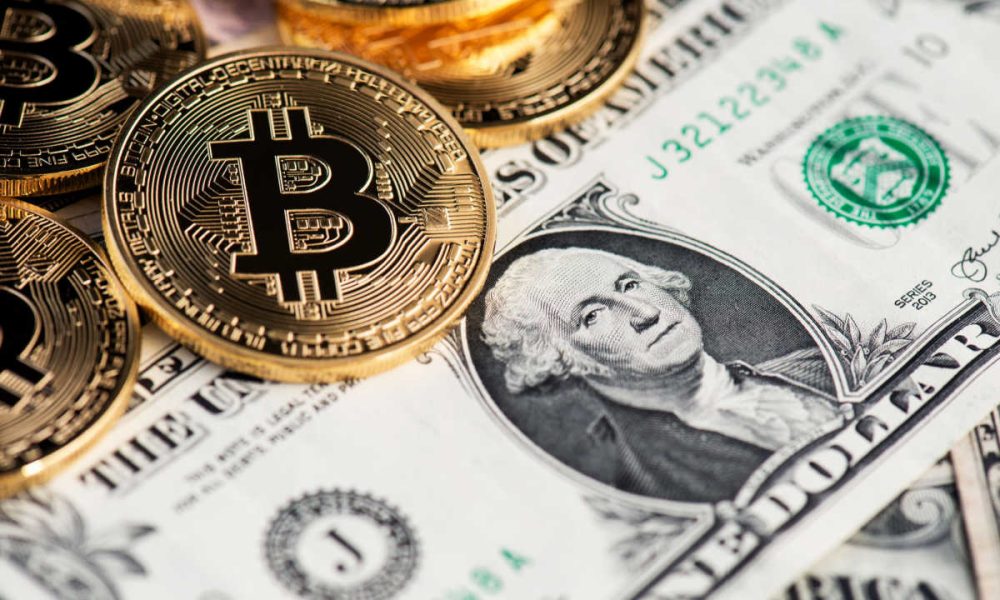Cryptocurrency firms have drastically stepped up their political donations as the U.S. midterm elections approach, hoping a new Congress can offer some protection from increased government regulations.
As The Wall Street Journal (WSJ) reported Saturday (Nov. 5), crypto companies and their workers have made $73 million in campaign contributions this year, compared to $13 million in the 2020 election. This year has also seen the industry pour $15 million into lobbying efforts, more than it spent in the last eight years combined.
“These midterms are the most important elections for this crypto community,” Hermine Wong, policy director at Coinbase, said in the WSJ report. “We believe that the legislators who will be coming in this cycle will be able to finally draft legislation to govern this space.”
Read more: Rep. McHenry: ‘Ugly Baby’ of Stablecoin Legislation Will Grow Into a Bill of ‘Practical Consequence’
In October, Rep. Patrick McHenry, R-N.C., told PYMNTS’ Karen Webster that regardless of the outcome of Tuesday’s election, stablecoin regulation will be on the agenda when legislators return later this month.
The conversation took place following comments by McHenry that haggling between Democrats and Republicans has birthed an “ugly baby” of tentative guiding principles.
“What we now have is a complicated policy,” McHenry told Webster, “and it’s a complicated legislative text — with compromises within … the nature of legislative compromise does not often create something of beauty. It creates something of practical consequence. And this is what I’m going for.”
Meanwhile, crypto regulations might take longer than people in the industry might want, Michael Gronager, CEO of blockchain data platform Chainalysis, told PYMNTS recently.
“I was part of a lobbying group around the Fifth Anti-Money Laundering directive” in the EU, he said, noting that building a proper regulatory framework began in 2015. “It took four to five years before anything actually became law and rolled out.”
One of the areas most in need of regulatory clarity, he said, is whether cryptocurrencies are securities and how that classification is defined.
“It’s still somewhat of a gray area and it’s something that needs more clarity,” Gronager said, noting that from his view “if you look at underlying protocols like bitcoin, like ethereum, like other things, I would clearly call them commodities more than securities.”
For all PYMNTS crypto coverage, subscribe to the daily Crypto Newsletter.
New PYMNTS Study: How Consumers Use Digital Banks
A PYMNTS survey of 2,124 US consumers shows that while two-thirds of consumers have used FinTechs for some aspect of banking services, just 9.3% call them their primary bank.
Sign up for our daily newsletter.
We’re always on the lookout for opportunities to partner with innovators and disruptors.
Learn More
We’re always on the lookout for opportunities to partner with innovators and disruptors.
Learn More
Author
Administraroot

